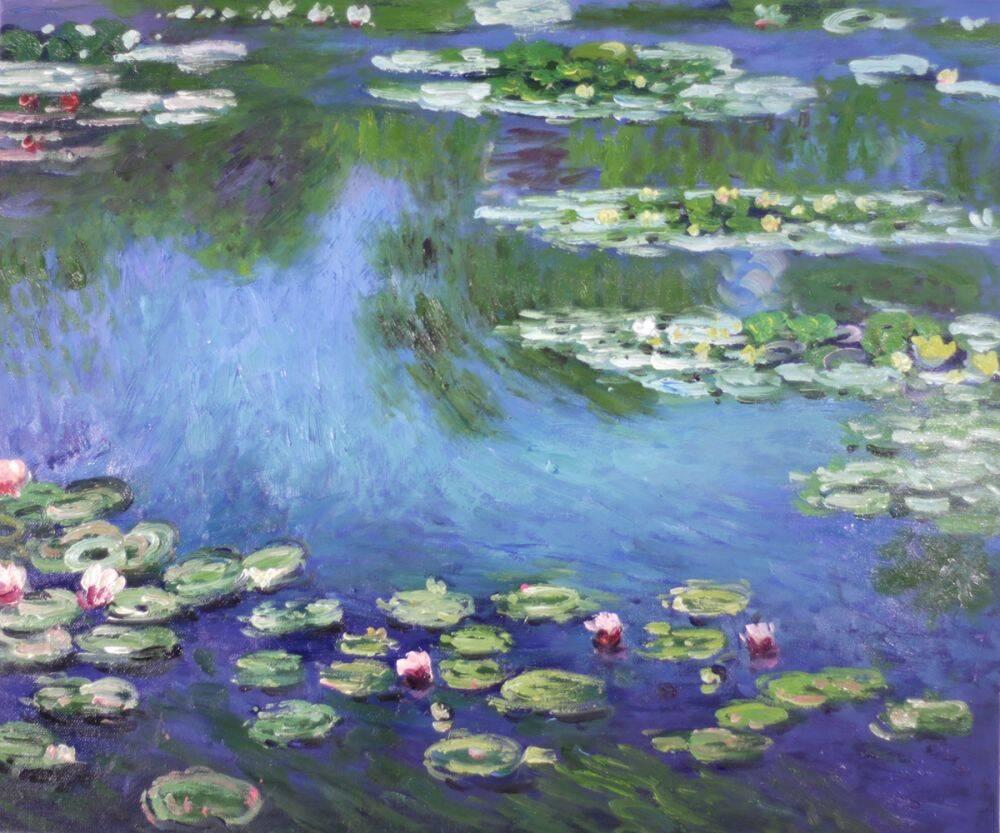
beauty is overrated by Rona W. '23
crossposted on Substack here.
I’ve never really wanted to be beautiful. There were moments I wished to be desirable, and I suppose that is adjacent to beauty, but beauty does not give others the feeling of an elastic band stretched and released within their abdomens. That was powerful, to compel stirrings like that in other people. I never saw what was powerful about the kind of beauty that arose from symmetry, from clear skin or a pleasing smile.
These days, I see the term “beautiful” used quite often, sometimes to describe physical appearance, but more often to describe something intangible—a relationship, an experience, a math proof. It’s overused, I think, to the point of meaninglessness. I don’t want my friendships to be beautiful, I don’t even know what that means. I want my friendships to thrive on mutual compassion, trust, honesty; my best friend from high school has never hesitated to call me out on my bullshit, and I value our relationship so much for that, but to paint it all as simply “beautiful” would be to erase all of the nuances of what we’ve built over the past seven years.
To be honest, I harbor some skepticism towards those who seem too preoccupied with aesthetic, because aesthetic can get in the way of truth. That was one reason why I switched my major from humanities (yes, MIT has an entire department called “humanities”) to math; I would read papers that seemed to offer brilliant observations about the world, and then later I would think, wait, was that sentence actually insightful or was it just pretty? I took two Folklore and Mythology classes at Harvard and have this distinct memory of sitting in seminar, watching a classmate pontificate about manifest destiny, and realizing that they weren’t actually arriving at any particularly interesting conclusions, simply wielding academic language to dress up a platitude. This isn’t to say that all or even most humanities scholarship is fluff; it’s just easy to be misled by fluff masquerading as insight.
A lot of truth is ugly, a lot of truth doesn’t adhere to a brand image or a poetic phrase or whatever else might be considered beautiful. And that isn’t to say truth is inherently good or what one should automatically strive for, but that’s for a post on another day. But what I mean here is that prioritizing beauty doesn’t simply lead to banality, it can lead to false assertions. That’s the entire point of a political slogan, right? Here’s a slick phrase that sounds nice. Who cares if it’s true?
But I meander. I’ve been lucky enough to witness a lot of beauty in the world; I spent a year in New Zealand and never failed to be astonished by lush foliage and volcanic mountaintops and green-blue seas. But whenever I tried to write about everything I saw, I could never come up with anything meaningful to say. (Sure, I could lean into an environmentalist angle, we need to preserve nature and all of its miracles, but that was backpropagation: searching for the justification after I already knew the claim, and anyway, I believe that nature and all of its miracles will persist long after humankind have vanished into oblivion.) It was pretty, and it didn’t need to be more than pretty, but it was not interesting to write about something being pretty.
Don’t get me wrong, none of this means that I am more intellectual or thoughtful or whatever than those who hike up hills just for a breathtaking view: a blue mist shrouding the horizon, a yawning green valley below. None of this is to say that I don’t adore beauty the same way anybody else does. Not every moment in life needs to be intellectualized, and I have a tendency to overthink everything. The summer I was in Paris, I visited the Musée d’Orsay over and over even though I thought Impressionism was like pop music, empty calories. But even now, I still love the way Monet and Cézanne render the world dreamy and windswept, transforming the mundane into something magical.
